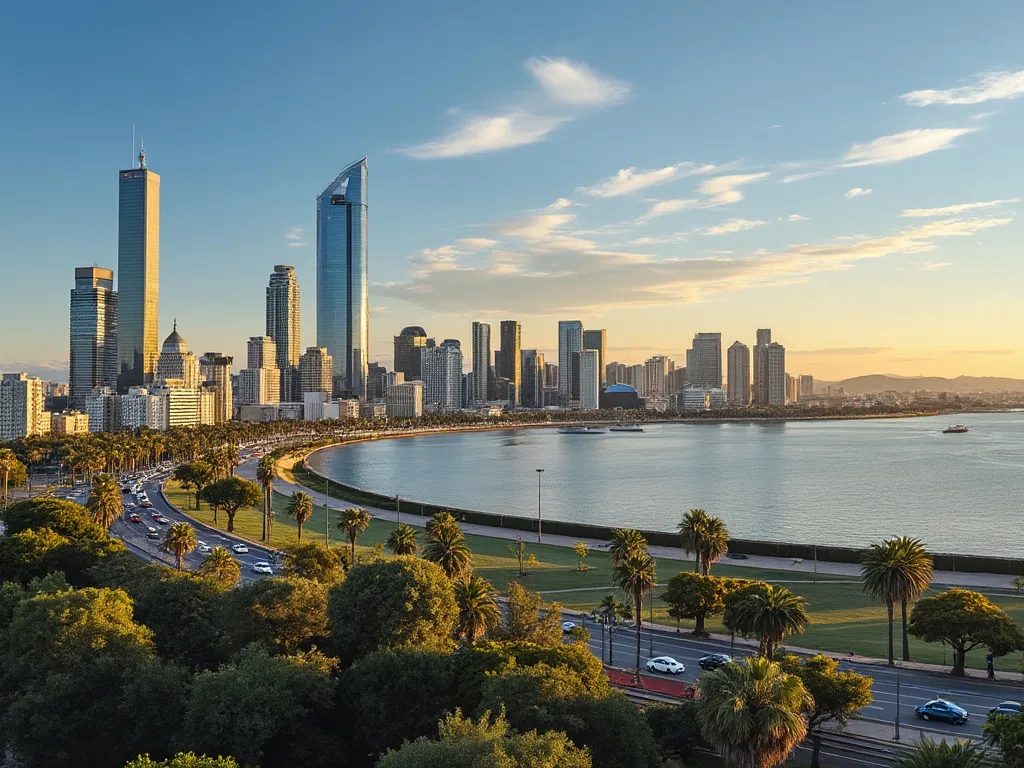
Montevideo, the capital and largest city of Uruguay, is a charming and vibrant metropolis that offers a unique blend of colonial history, cultural attractions, and modern amenities. Located on the northeastern coast of the Río de la Plata, Montevideo is a popular destination for tourists and business travelers alike.
| Country | 🇺🇾 Uruguay |
| Population | approximately 1.4 million |
| Coordinates | 34°53′S 56°10′W |
| Area | 525.5 km² (203.3 sq mi) |
| Climate | Humid subtropical climate (Cfa) |
| Language | Spanish |
| Currency | Uruguayan peso (UYU) |
| Time zone | Uruguay Standard Time (UYT) (UTC-3) |
| Proximity to other major cities | Buenos Aires, Argentina (215 km / 134 mi), Santiago, Chile (1,465 km / 910 mi) |
Historical Background of Montevideo
Founded in 1726 by the Spanish, Montevideo was originally a fortified settlement designed to protect the Spanish Empire's interests in the region. Over the centuries, the city has been influenced by various cultures, including the Portuguese, Italians, and Africans, which is reflected in its architecture, cuisine, and traditions.
Geographical Location of Montevideo
Montevideo is situated on the coast of the Río de la Plata, which forms part of the border between Uruguay and Argentina. The city's geography is characterized by rolling hills, scenic coastline, and a picturesque old town. The climate is mild, with warm summers and mild winters, making it an attractive destination for tourists.
Cultural Significance of Montevideo
Montevideo is a city that proudly preserves its cultural heritage. The old town, known as the Ciudad Vieja, is a treasure trove of colonial architecture, with many historic buildings, museums, and landmarks, such as the Cabildo, the Metropolitan Cathedral, and the Solís Theatre. The city is also home to numerous festivals and events, including the Montevideo Carnival, which is one of the largest and most colorful in the world.
Economic Importance of Montevideo
Montevideo is the economic hub of Uruguay, with a strong focus on finance, commerce, and industry. The city is home to many multinational companies, including banks, technology firms, and manufacturing plants. The port of Montevideo is one of the busiest in the region, with significant trade volumes with countries in South America and beyond.
Interesting Facts About Montevideo
- Montevideo is home to the oldest public library in South America, the Biblioteca Nacional de Uruguay.
- The city has a vibrant arts scene, with numerous galleries, museums, and street art installations.
- Montevideo is known for its beautiful beaches, including the popular Pocitos and Carrasco beaches.
- The city has a strong tradition of football (soccer), with many famous teams, including Peñarol and Nacional.
Tourist Attractions in Montevideo
- Ciudad Vieja (Old Town)
- Plaza Independencia
- Palacio Salvo
- Museo Nacional de Bellas Artes
- Estadio Centenario
In conclusion, Montevideo is a unique and captivating city that offers something for everyone. From its rich history and cultural attractions to its modern amenities and vibrant arts scene, Montevideo is a must-visit destination for anyone interested in exploring the charms of South America.
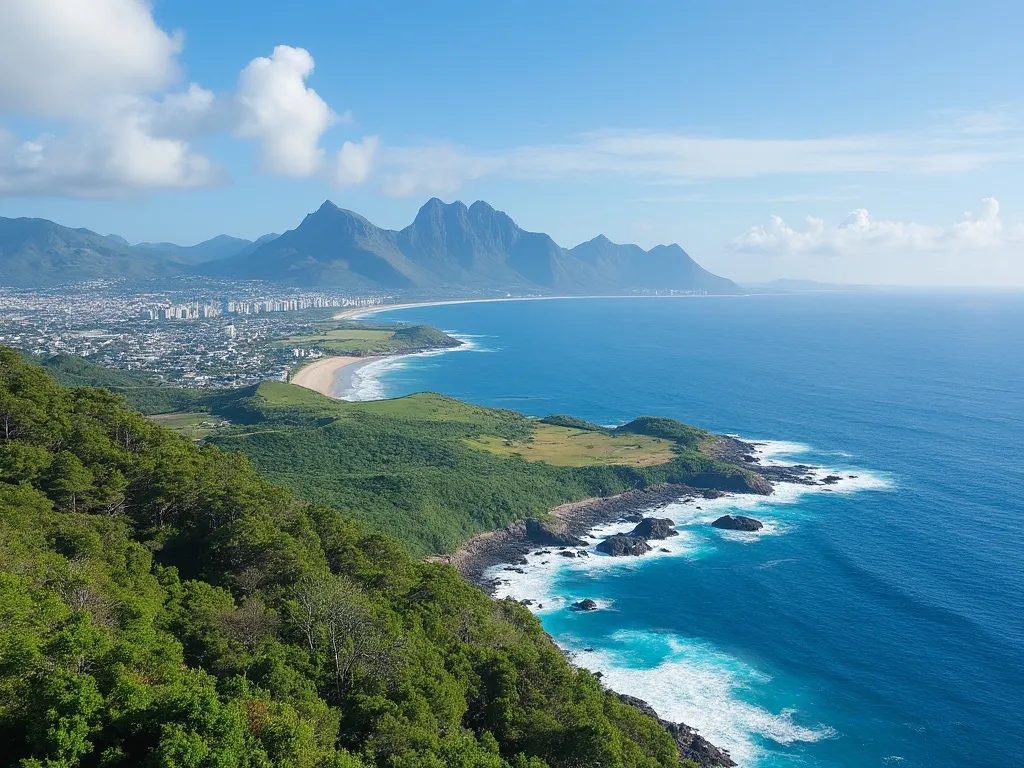 Moroni
Moroni
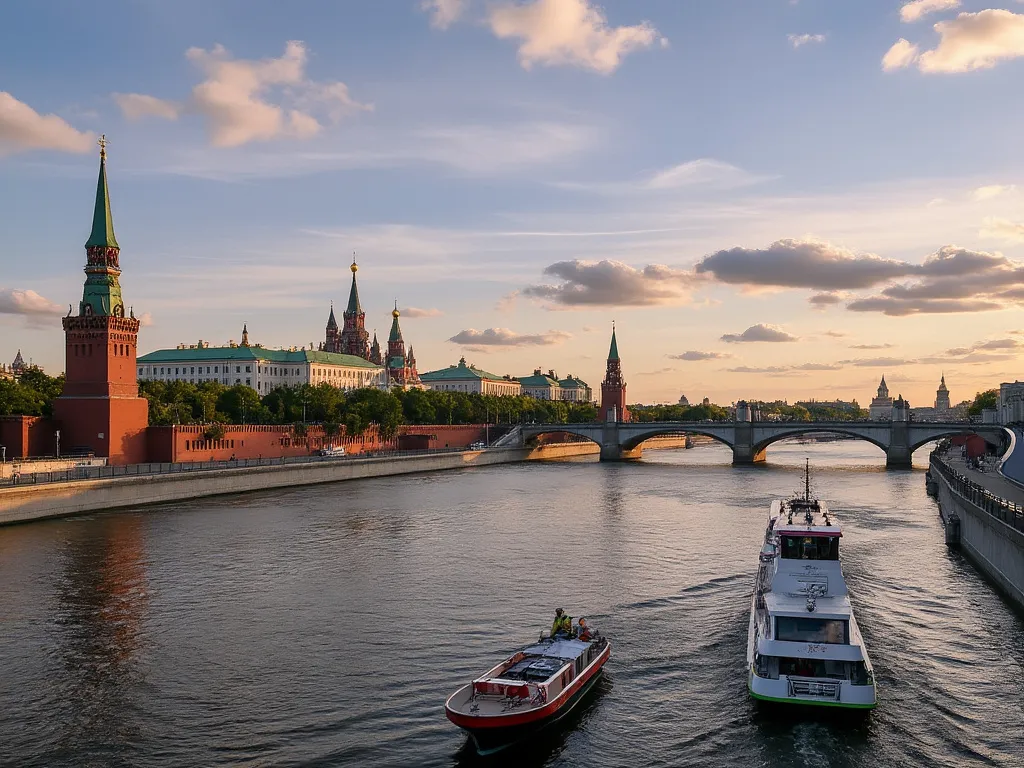 Moscow
Moscow
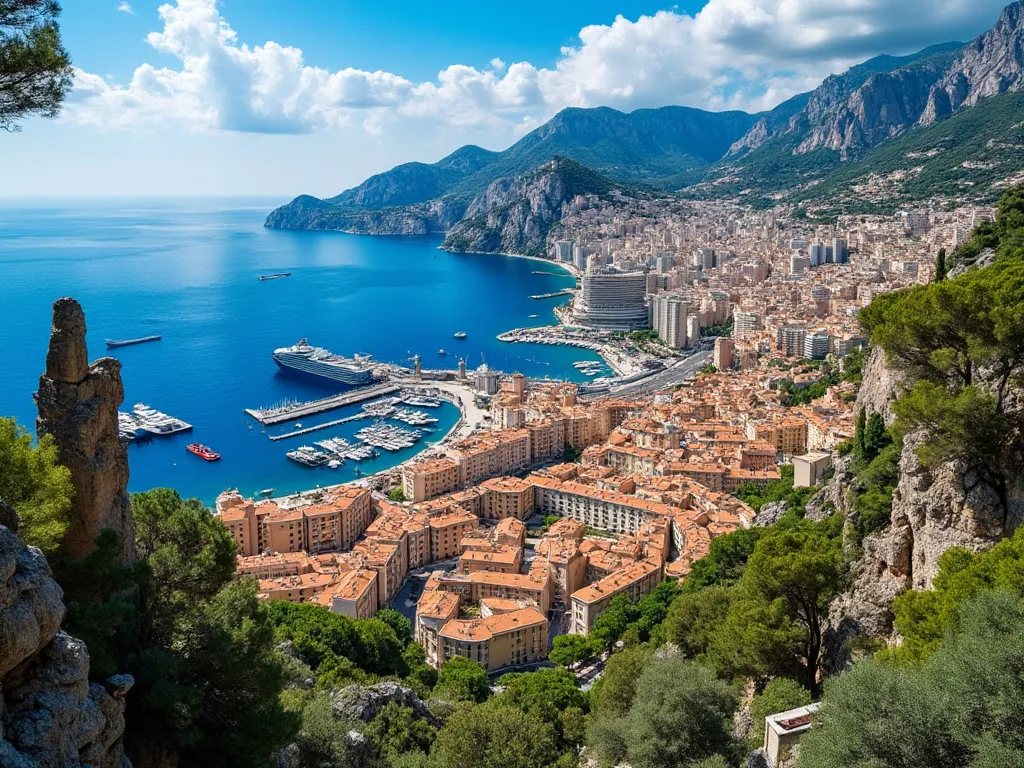 Monaco
Monaco
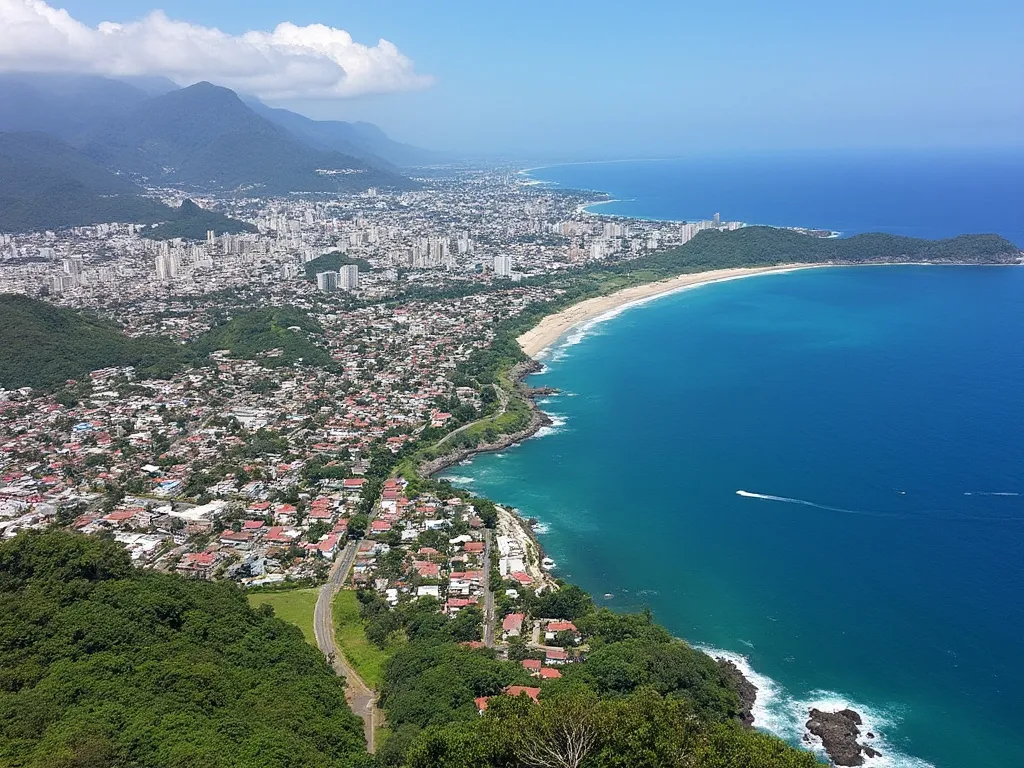 Monrovia
Monrovia